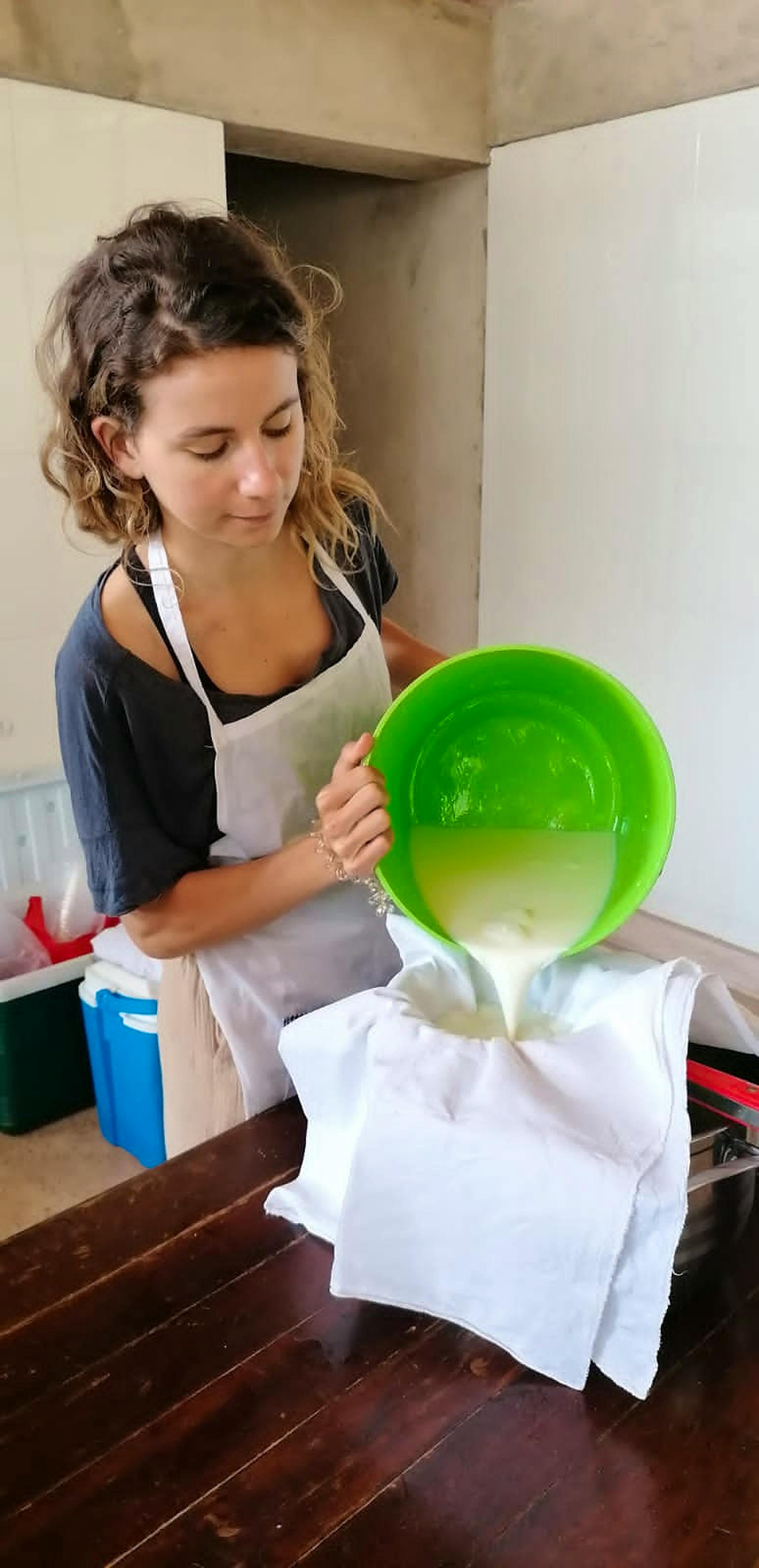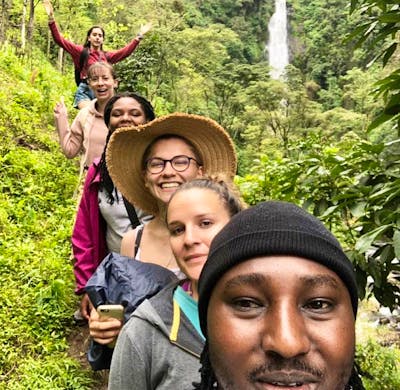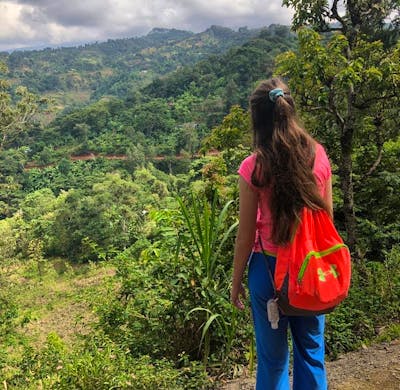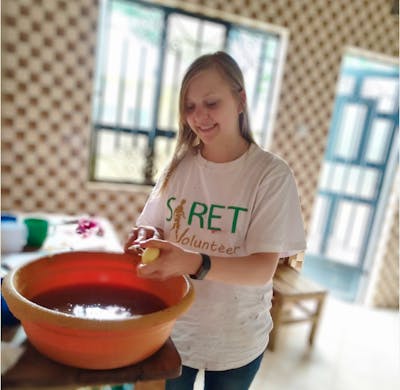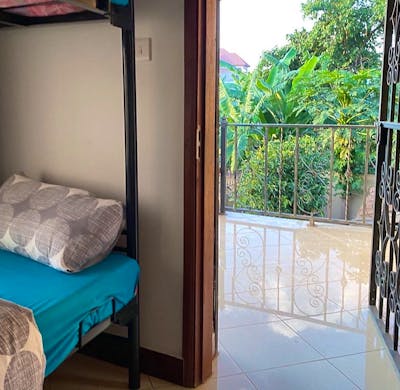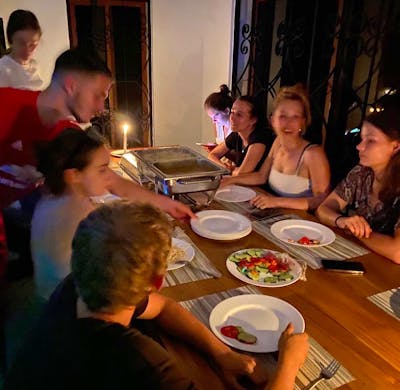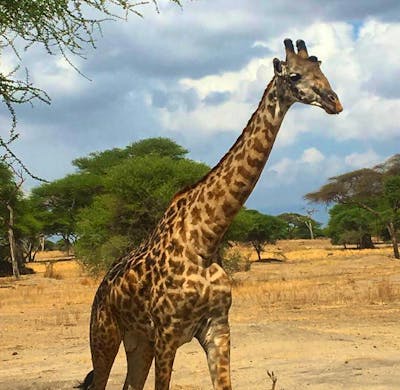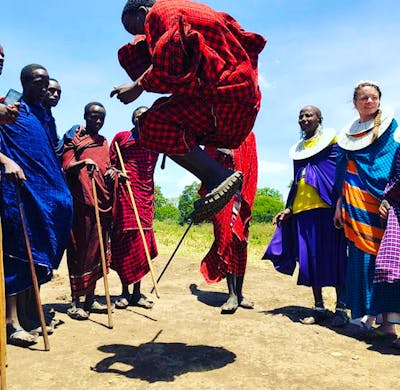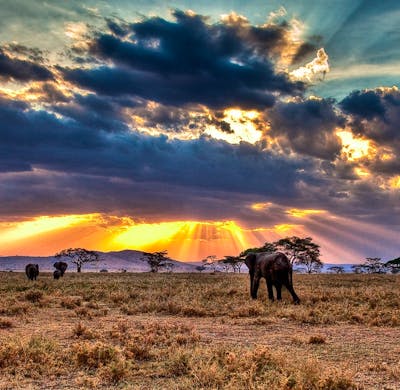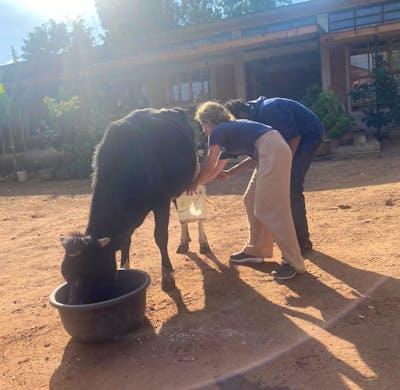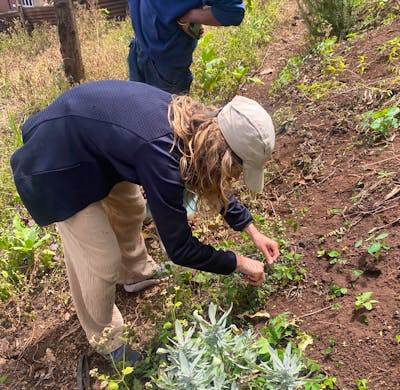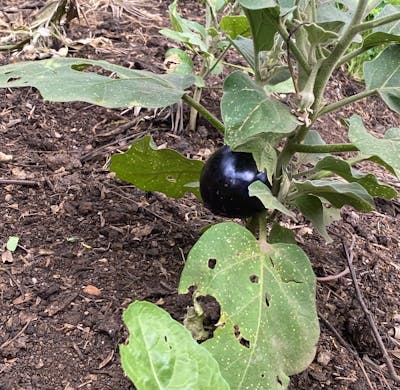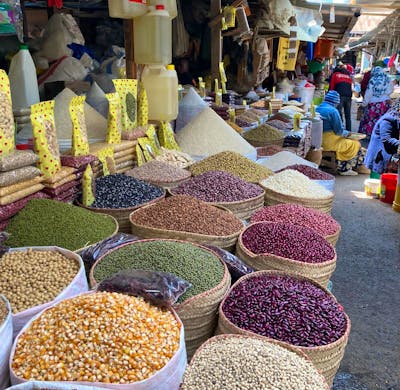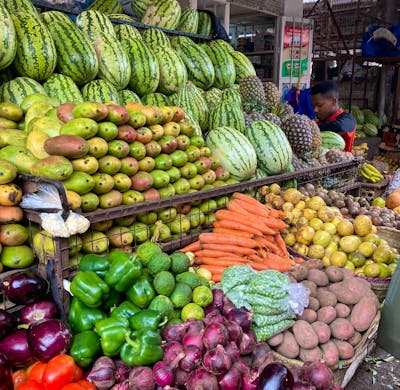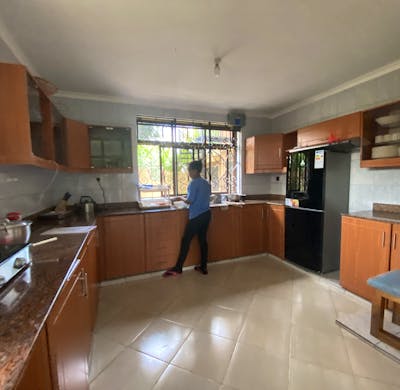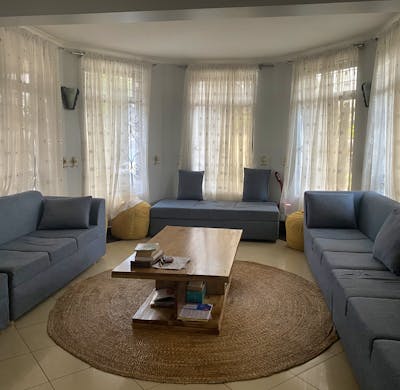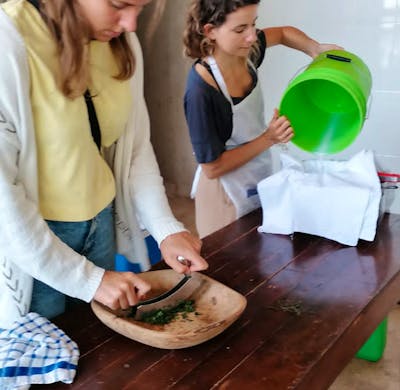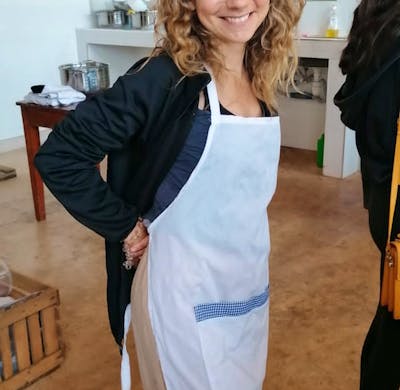2024 at Children's Center Assistant
Urban Farming & Sustainability
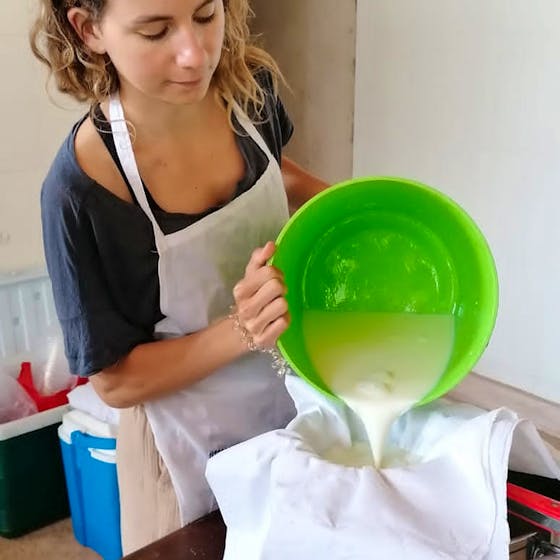
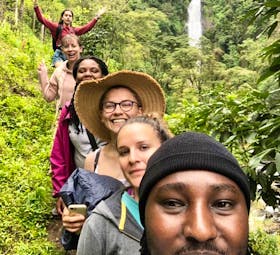
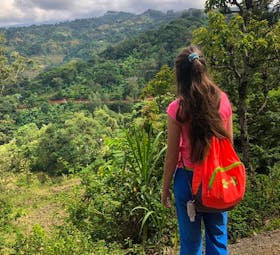
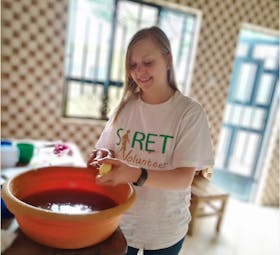
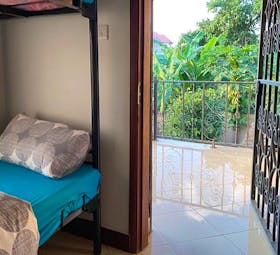
Høydepunkter
- Experience a life changing cultural journey to Africa.
- Gain perspective of how developing nations keep their cultures alive in our modern fast changing world.
- Become more passionate about social development and gain a sense of community!
- Make memories you will never forget with people from all over the world sharing your experience with you.
- See some of the most incredible nature scenes in the world including world heritage site Ngorongoro Crater
- Experience a life changing cultural journey to Africa.
- Gain perspective of how developing nations keep their cultures alive in our modern fast changing world.
- Become more passionate about social development and gain a sense of community!
Spesielt egnet for
Om programmet
Volunteer to work in this amazing inner city farm encouraging sustainable living and rebalance of the eco system and learn sustainable and cultural ways of farming.
About the project
The project is set in an inner city farm that is using sustainable ways to run their farm to create greater harmony with the natural ecosystem. The farm also produces dairy organic products and organic food processing to sustain and keep the farm running. The owner is a second ...
Typisk dag
Your day can be either very hectic and extremely challenging or slow and very quiet. You will need to be motivated, resilient and work well in a team in order to get the best out of your experience.
You should be open to a fluid schedule with some changing activities depending on the plan for ...
Fritidsaktiviteter
Arusha provides an array of activities to get involved in during your free time. Explore the numerous walking trails, enjoy the large amount of cafe's bistro's and local food in town and many more places to relax. There is a vibrant community life in Arusha, whether you want to enjoy a quiet meal, ...
Krav
Hva inngår
Hva er IKKE inkludert?
Detaljer ved ankomst
- Aim to arrive on a Saturday or Sunday
- Placement begins on the first Monday of each week
- Placement is still available during public holidays
Programgebyrer
Møt din vert
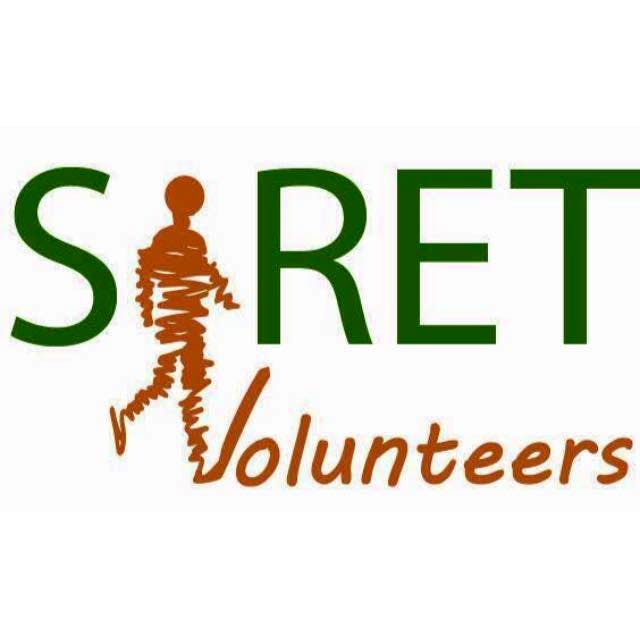
Siret Volunteers
Byrå - grunnlagt i 2019
Verifisert av Volunteer World
Arrangert av
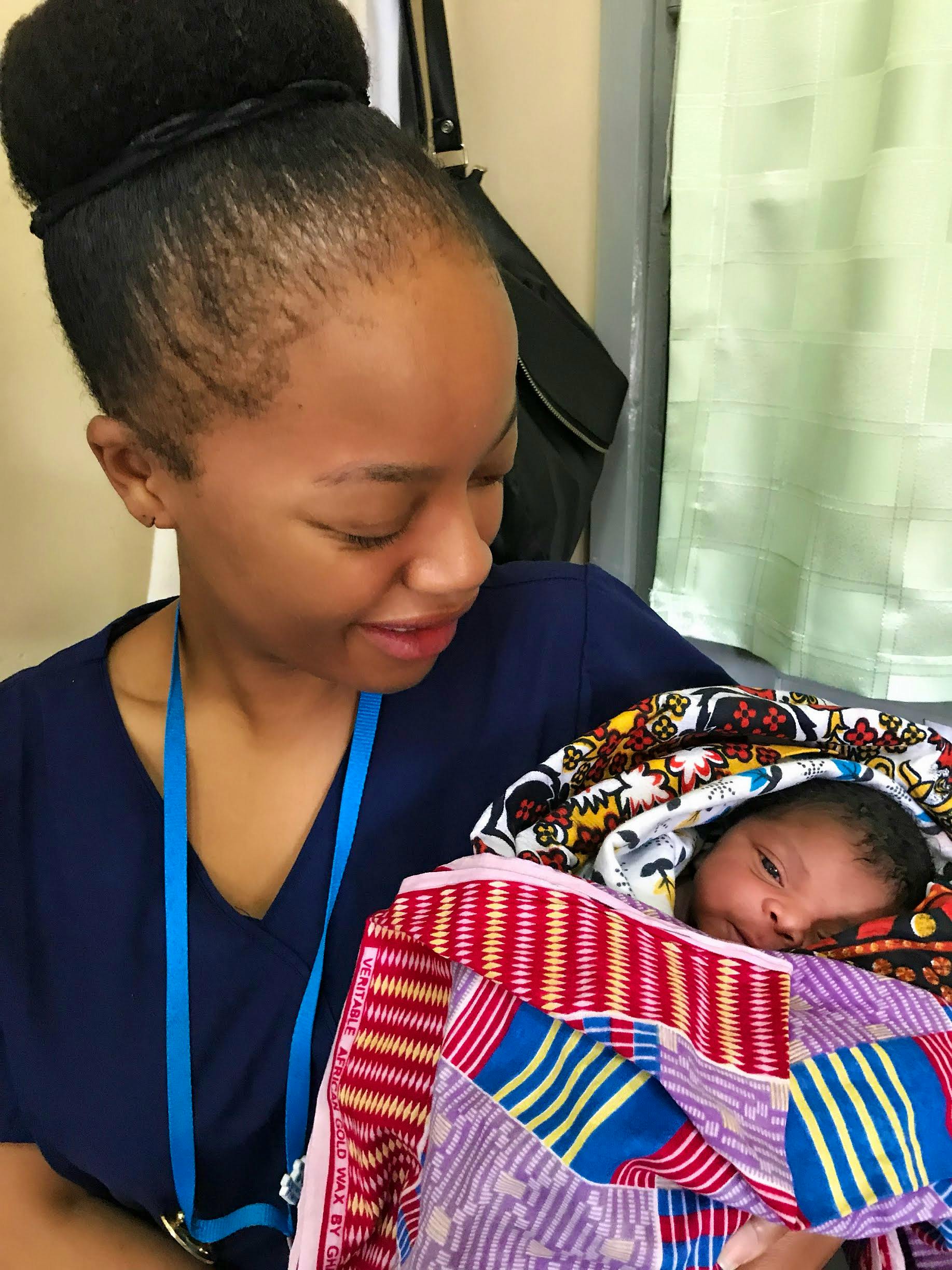
Pearl
Om prosjektet
24 gjennomganger ·  4.7
4.7
Plassering

Du kan også være interessert i
-
Arusha
50 Pluss frivillighet
Frivillige turer for studenter
Naturfrivillig arbeid
Misjonsreiser til Afrika
Gruppefrivillig arbeid
Beste frivillige programmer
Par
Jordbruk
Voksne
Prosjekter i utlandet
Misjonsreiser
